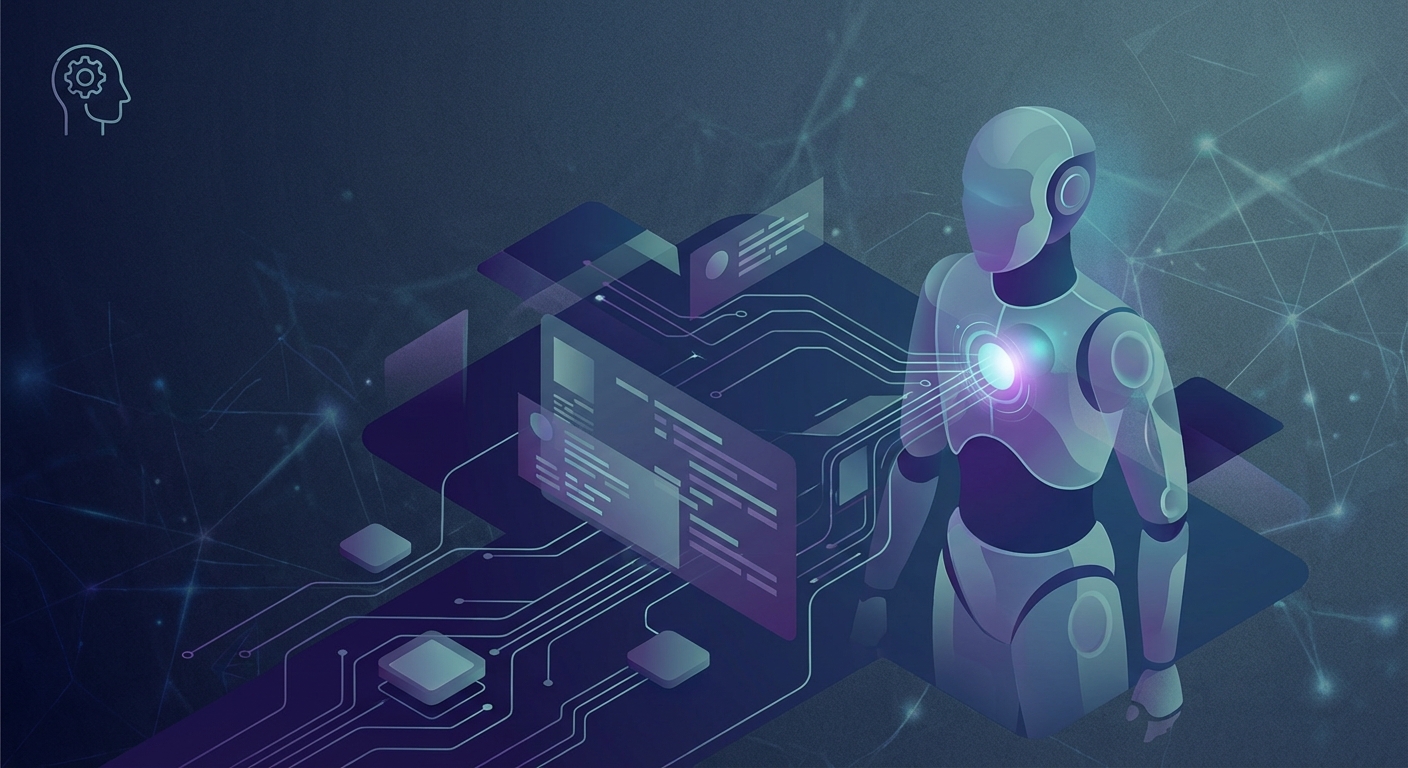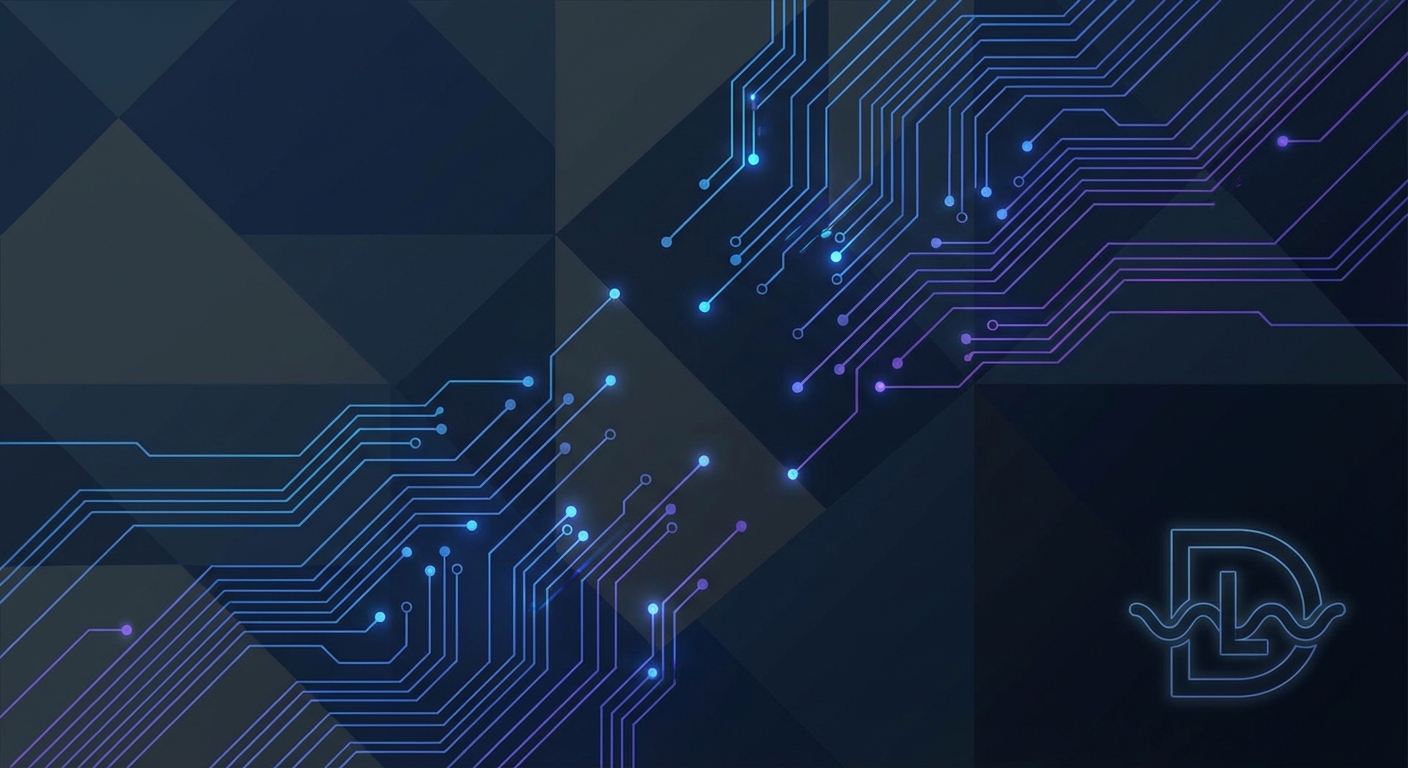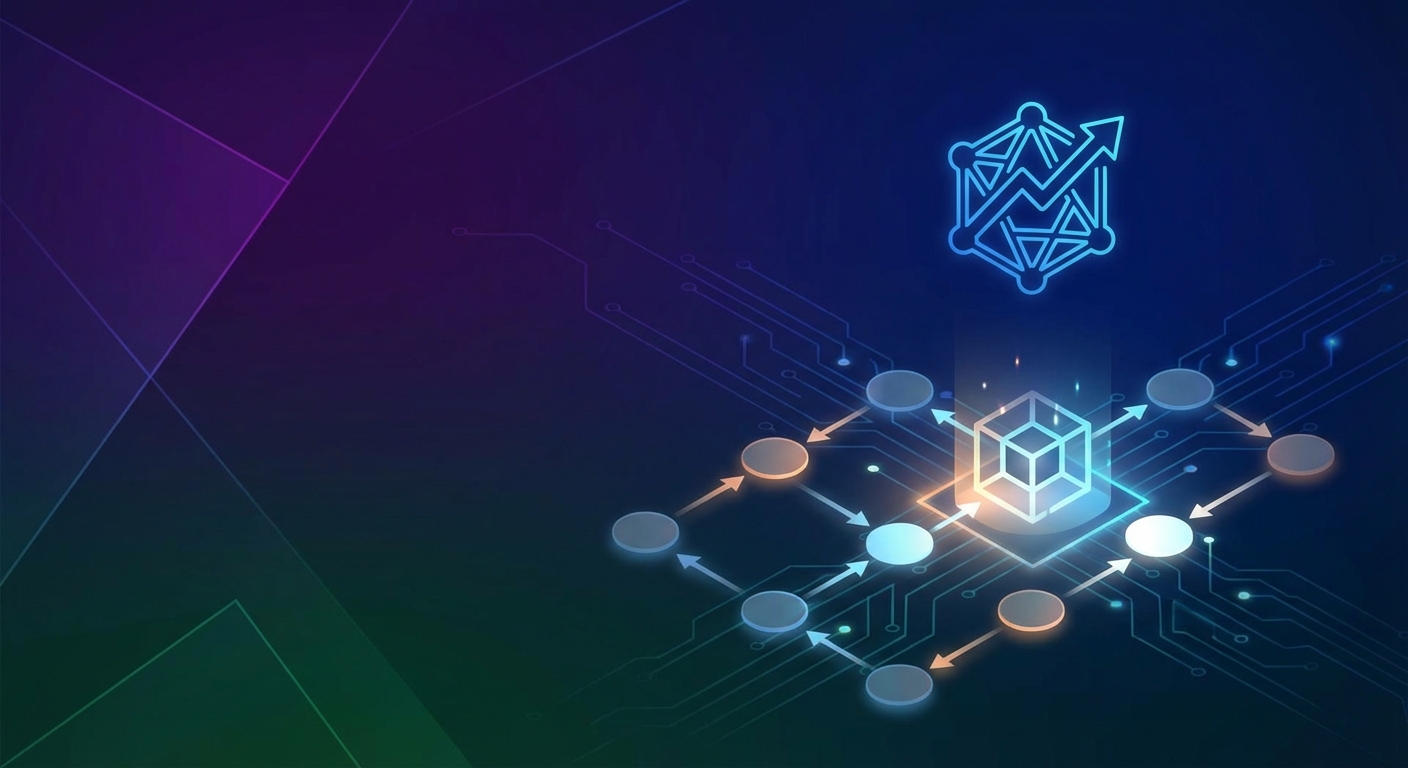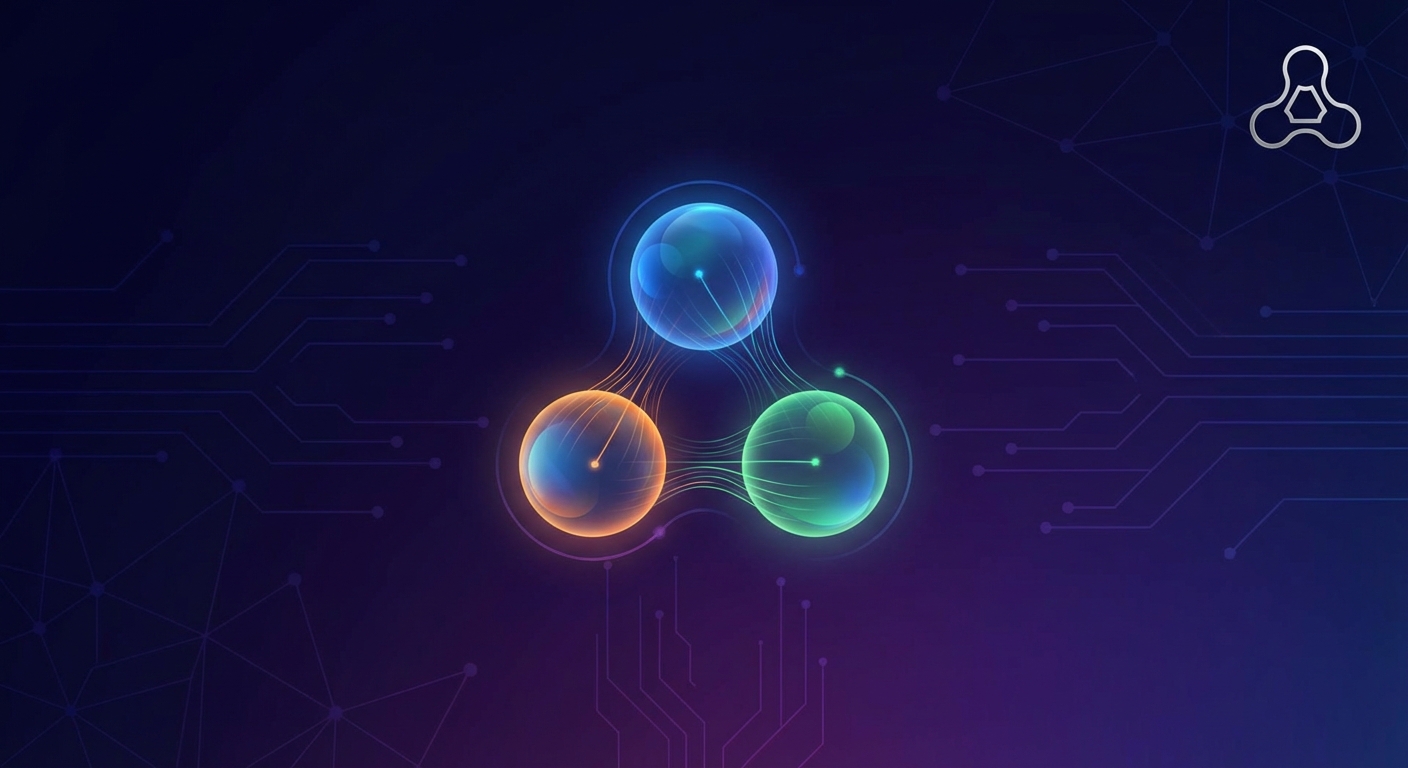Securing the Future AI Agent Identity Governance Strategies
TL;DR
- This article explores the critical aspects of AI Agent Identity Governance, covering challenges with traditional IAM, the shift to dynamic identity management, ephemeral authentication, and fine-grained access controls. It also emphasizes the necessity of Zero Trust architecture and provides practical strategies for securing AI agents, ensuring compliance, and maximizing their potential for business automation and innovation within enterprise AI solutions.
The Rising Tide of AI Agents and the Identity Governance Imperative
Alright, let's dive in! ai agents are popping up everywhere, right? It's kinda like they went from zero to sixty overnight and it's like, uh oh.
- AI agents are automating stuff across all sorts of industries. Think healthcare using 'em for initial patient assessments or retail using 'em for personalized recommendations.
- They're getting baked right into workflows, too. For example, in finance, ai agents can help with fraud detection, flagging suspicious transactions way faster than any human could.
- But here's the thing: traditional Identity and Access Management (iam) ain't cutting it anymore. It's like trying to fit a square peg in a round hole, y'know?
According to Strata.io, today's identity systems were built for humans, not autonomous agents.
As these powerful ai agents become more integrated into our digital lives, the existing ways we manage who can do what are starting to buckle under the pressure. So, what's next when traditional IAM fall short?
Navigating the Identity Crisis Challenges and Solutions
Okay, so ai agents need identities, right? But the old methods are, well, old. It's like trying to use a rotary phone in the age of smartphones.
One big problem is that human identity patterns just don't work for AI. We're talking about needing ephemeral identities instead of long-lived accounts. Plus, there's gotta be just-in-time credential issuance tied to CI/CD pipelines. CI/CD pipelines (Continuous Integration/Continuous Deployment) are automated processes that build, test, and deploy software. Tying credential issuance to these pipelines means agents get the exact permissions they need, precisely when they need them for a specific task, rather than having broad, persistent access. This is crucial for ai agent identity management because agents often spin up and down rapidly for short-lived tasks.
OAuth and api keys? Insufficient. Agents act on behalf of users, spinning up and down in seconds. Traditional tokens can't handle delegation, context, or task-specific risk. Delegation here means an ai agent is granted permission to act on behalf of a human user or another system. For instance, an ai agent might be delegated permission to access a user's calendar to schedule a meeting. Traditional tokens, designed for direct user authentication, struggle to manage these layered permissions and the dynamic nature of who is authorizing what, especially when the agent itself is ephemeral. It's a mess.
Access control needs to evolve. Static models assigned at deployment just won't cut it when agents are operating in dynamic workflows. You end up with over-permissioned agents and no real-time policy enforcement, ya know?
What happens when agents are acting on behalf of someone else? Without proper delegation and traceability, trust goes out the window. That's a compliance nightmare waiting to happen.
So, what's the answer? Well, it involves rethinking how we approach identity for these digital workers.
Zero Trust A Robust Security Foundation for AI Agents
Zero trust, it's not just a buzzword, right? It's more like a fundamental shift in how we're thinkin' about security. The old "trust but verify" thing? That's out. Now it's "never trust, always verify" – even for ai agents.
- Continuous verification becomes key; every access request? Needs authentication and authorization, every time.
- Least privilege access? Ai agents only get what they absolutely need to do a job, nothing more.
- Micro-segmentation helps to, contain any breaches; so if one agent's compromised, it doesn't take down the whole system.
Microsoft is already thinking along these lines. They're working on richer access controls, so you can set detailed permissions, ensuring ai agents only access what they need. According to Microsoft, they are developing granular Conditional Access policies that will allow for more precise control over ai agent access based on various conditions, moving beyond static permissions.
Now that we've laid the groundwork with Zero Trust, let's get practical about how to actually implement it for ai agents.
Strategies for Effective AI Agent Identity Governance
Policy and compliance frameworks are the backbone of keeping ai agents in check, right? It's like setting the rules of the road so things don't, go haywire.
Defining clear policies is crucial. This means setting out exactly what agents can and can't do. A well-defined policy framework provides the overarching structure and principles that guide the creation of these specific rules. For example, a policy framework might state that "all agent access must adhere to the principle of least privilege," which then directly informs the creation of specific policies for individual agents. In healthcare, you'd need strict rules about accessing patient data, ensuring agents only grab what's absolutely necessary.
Ensuring regulatory compliance is non-negotiable. Are we talking HIPAA for healthcare, GDPR for data privacy, or other industry-specific rules? Agents gotta play by 'em. Compliance frameworks, often mandated by law or industry standards, dictate the requirements that your policies must meet. For instance, a GDPR compliance framework would mandate specific data handling and access controls that your agent policies must reflect.
Regular audits are how you make sure everyone's sticking to the plan. It's like a health check for your ai governance, spotting any potential problems before they become, well, problems. Audits are a direct outcome of having robust policy and compliance frameworks; they are the mechanism by which you verify adherence to those defined policies and ensure you're meeting compliance obligations.
Next up, we'll look at monitoring and, auditing ai agent activities.
The Future of AI Agent Security
The future of ai agent security? It's not some far-off thing, it's now.
Expect ai-driven security to become more common. This means using ai itself to analyze patterns, detect anomalies, and respond to threats in real-time, helping to secure other ai agents and the systems they interact with. It'll help detect threats and respond faster than any human could.
Quantum-resistant algorithms? Yeah, they're coming. They'll protect against future quantum computing attacks, which is kinda important. These are cryptographic algorithms designed to withstand attacks from powerful quantum computers, crucial for safeguarding sensitive data and identities that might be vulnerable to future decryption methods.
Then there's zero-knowledge proofs, letting agents verify info without revealing the sensitive data itself. This cryptographic technique allows one party to prove to another that a statement is true, without revealing any information beyond the validity of the statement itself, enhancing privacy and security for agent interactions.
Time to start thinkin' about continuous learning and adaptable strategies, y'know?




